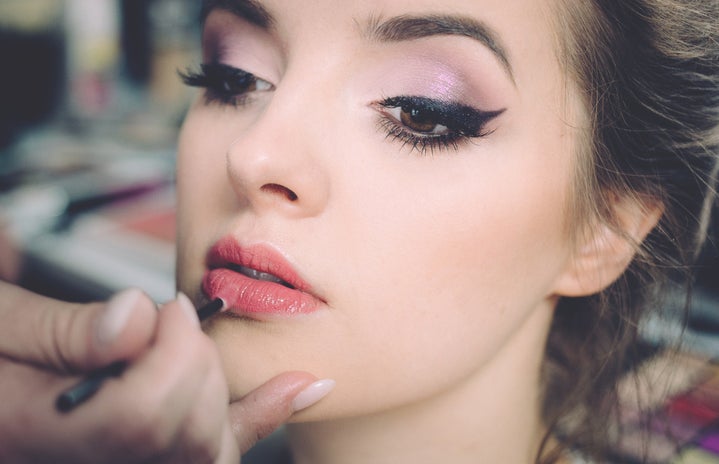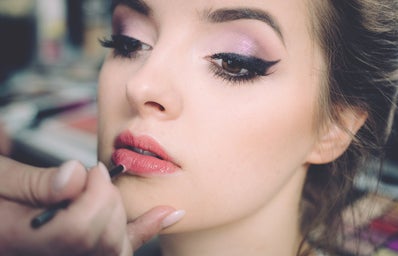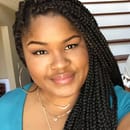Among their many campaigns targeting women of color, Dove obviously got a little too comfortable with the idea in its most recent campaign for skin care. The covered body care company released a PR as for what was translated as “in order to have better skin, shed your darker layers to be white”. At least, that’s what many of us took from it.
The ad depicts a black woman shedding her layers in light of having smoother, better skin. The end result? A smiling white woman who has just made a huge transition by taking off a brown T-shirt and brown skin to reveal what much of society deems as beautiful, which is white skin. Naturally after the brief apology, twitter users condemned the brand for doing this in the past with their visible care line. This 2011 ad shows three women ranging from brown, to light brown to white as if this was a gradual transition to better skin.
It is obvious to say that Dove severely missed the mark on this campaign, because let’s be honest, how many times can you make the same mistake? It did not take long for the poorly curated ad to hit the wave of social media. Beauty bloggers, the Instagram famous and social media connoisseurs alike made it a point to put the company on blast amidst seeing the beauty ad. To air their frustrations, many took to Instagram to share their unhappy views on the company.
After receiving so much backlash from the obviously insensitive campaign, the body brand released an apology via their social media page.
Even after their attempt at an apology, the hashtags #boycottdove and #nodove unanimously made an appearance on timelines everywhere. If you search the tag yourself you will see not only the disappointment from consumers but confusion from the blatant lack of care for black women in the beauty industry. Where there were once many supporters of the “love your curls” campaign there are now a margin of consumers who have pleaded to boycott this brand forever. This reality however, is that this is not a new realization for mainstream beauty brands who have wrongfully narrated the images of black women.
If you remember during the summer of 2016, a slew of boycotts began taking place with beauty brands who wrongfully depicted people of color. The hashtag #buyblack or #shopblackowned surfaced in the wake of ever present racial tension and many discovering that many “black owned” beauty brands were not actually black owned. More recently the natural hair brand Shea Moisture came under fire for having ads with language such as “curly girls” featuring white women and not their buying audience, who are black women. The company also received a few eye rolls after revealing that the top CEO’s making decisions for the health and hair for women of color were not actually women of color.
The constant uproar in the beauty industry concerning black women and careless campaigns is not another spew of the “mad black woman” but is a constant reminder that we have to be here for ourselves if no one else will. Do not be mistaken, this is not an “us vs everybody” movement but it is a gentle reminder that issues of colorism and racism are ideals that are embedded within the industry itself. Even though Dove has amazing products this ad simply missed the mark, but has opened up doors for more conversation about women of color in the beauty industry and how we can bridge the gap between incorrect stories and what is truly needed.
Since the backlash, Dove has removed the ad from their Facebook page.
Photo credit: http://money.cnn.com/2017/10/08/news/companies/dove-apology-racist-ad/in…
Photo credit: http://hollywoodlife.com/2017/10/08/dove-apology-offensive-ad-black-woma…
Photo: https://giphy.com/gifs/l41YqSEBAhW4Gamo8



